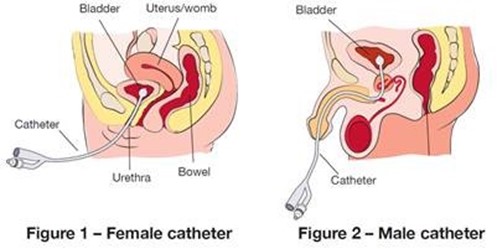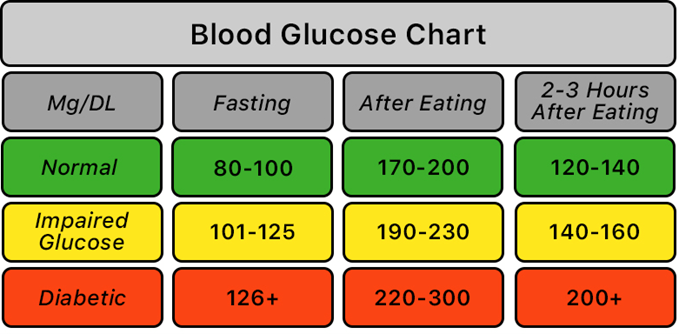A nurse is preparing to perform a urinary catheterization to obtain a urine specimen for a client. The client tells the nurse that she is concerned about her privacy during the procedure. Which of the following actions should the nurse take to alleviate the client's concern?
Explain the procedure to the client.
Gather the equipment necessary before starting the procedure.
Obtain assistance so the client does not become resistant to the procedure.
Close the door and cover the client during the procedure.
The Correct Answer is D
If a client is concerned about her privacy during a urinary catheterization procedure, the nurse should close the door and cover the client during the procedure. This action helps to maintain the client's privacy and dignity.
Option A may also be helpful in alleviating the client's concern by providing information about the procedure.
Option B may also be helpful in ensuring that the procedure is performed efficiently.
Option C may not be necessary if the client is not resistant to the procedure.

Nursing Test Bank
Naxlex Comprehensive Predictor Exams
Related Questions
Correct Answer is D
Explanation
The nurse should prioritize the client who requests pain medication as their need is likely the most urgent. Pain management is an important aspect of nursing care and addressing the client's pain should be a priority.
The other clients have needs that are important but not as urgent as the client in pain. The client who wants a bath can wait until the nurse has addressed more pressing needs. The client who asks to review instructions about their new prescription can also wait, as long as they are not in immediate danger. The client who needs a referral for home health services can also wait until the nurse has addressed more urgent needs.
Correct Answer is D
Explanation
Of the four clients described, the nurse should attend to the client who has diabetes and had a 0600 blood glucose level of 60 mg/dL first. This client's blood glucose level is low and requires immediate intervention to prevent further complications.
Option A may require attention, but the client's condition is stable and they are receiving treatment.
Option B may also require attention, but an oxygen saturation of 90% is within an acceptable range for a client with COPD.
Option C may also require attention, but the client's restlessness during the night does not indicate an immediate need for intervention.

Whether you are a student looking to ace your exams or a practicing nurse seeking to enhance your expertise , our nursing education contents will empower you with the confidence and competence to make a difference in the lives of patients and become a respected leader in the healthcare field.
Visit Naxlex, invest in your future and unlock endless possibilities with our unparalleled nursing education contents today
Report Wrong Answer on the Current Question
Do you disagree with the answer? If yes, what is your expected answer? Explain.
Kindly be descriptive with the issue you are facing.
